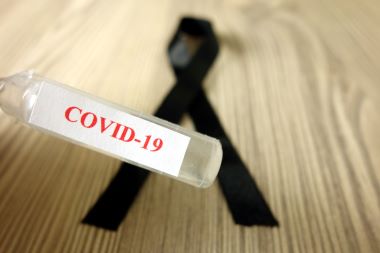Research has indicated that mothers can transmit SARS-CoV-2 to their infants in the perinatal period. However, a study just published in The Lancet Child & Adolescent Health suggests that specific precautions can minimize that risk. The observational cohort study included all neonates born to mothers positive for SARS-CoV-2 at delivery in three New York Presbyterian Hospitals in New York City between March 22 and May 17, 2020. None of the babies born to those 116 …
Read More









